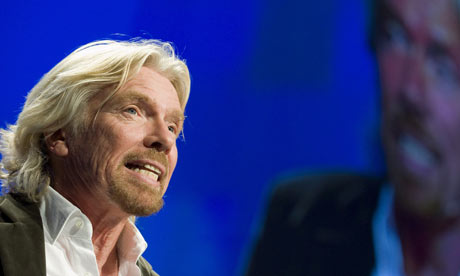 NYTimes | An election is coming, so the Republicans are trying to scare Americans by making it appear as if the Democrats don’t care about catching or punishing terrorists.
NYTimes | An election is coming, so the Republicans are trying to scare Americans by making it appear as if the Democrats don’t care about catching or punishing terrorists.It’s nonsense, of course, but effective. The be-very-afraid approach helped former President George W. Bush ram laws through Congress that chipped away at Americans’ rights. He used it to get re-elected in 2004. Now the Republicans are playing the fear card for the fall elections.
The most recent target is the Obama administration’s handling of the failed Christmas Day bomber, particularly its decision (an absolutely correct one) to have the F.B.I. arrest and interrogate the suspect and file federal terrorism charges rather than throw him into a military prison where the Republicans seem to expect that he would be given no rights, questioned and held without charges.
Senator Susan Collins, a Maine Republican, suggested — without any evidence — that vital intelligence was lost by that approach. Senator Mitch McConnell, the minority leader, told Politico that he wants to block financing for civilian trials of terrorism suspects so Republicans can brag about it this fall. He said “the core question is whether the attorney general of the United States ought to be in charge of the war on terror.”
As Mr. McConnell should know perfectly well, that is not the question at all, core or otherwise. The Obama administration has embraced the idea of using military tribunals for some terrorism suspects. The Christmas bombing suspect, Umar Farouk Abdulmutallab, was arrested in the United States. The American justice system does not allow people arrested in the United States for serious offenses to be detained and held without access to an attorney.
It is good that the administration is pushing back.























